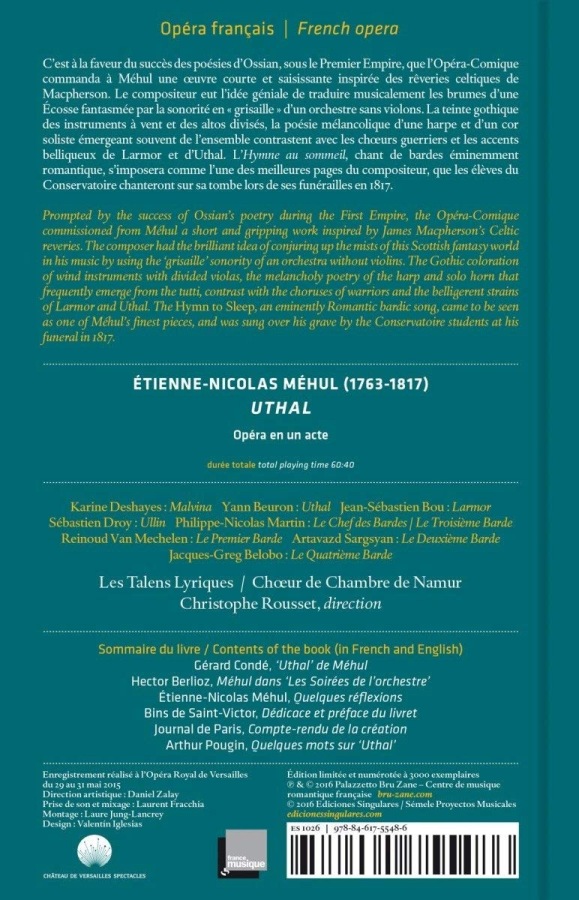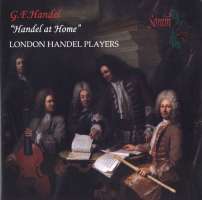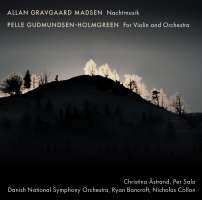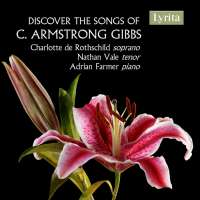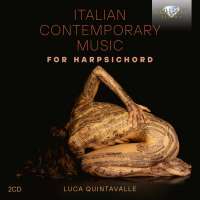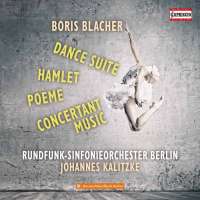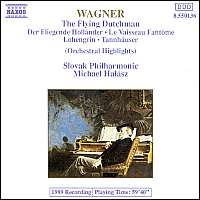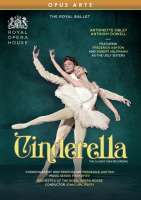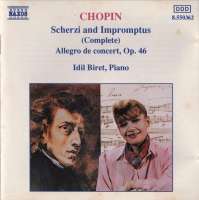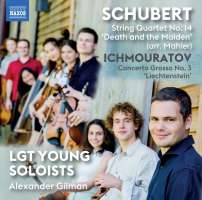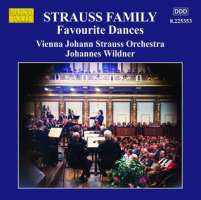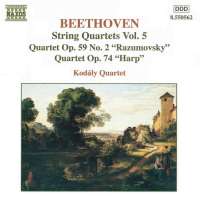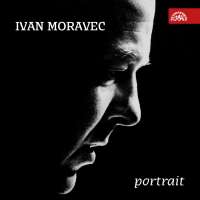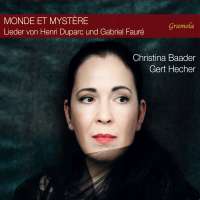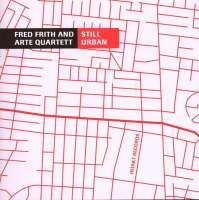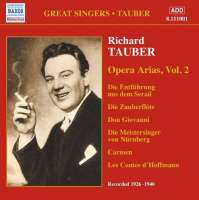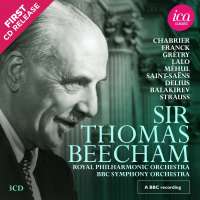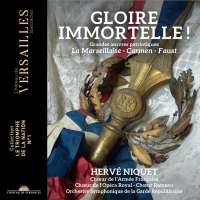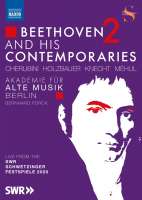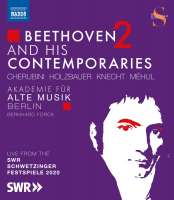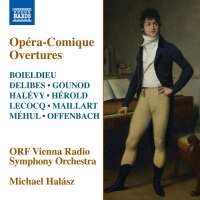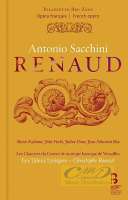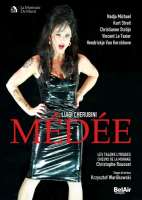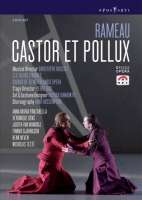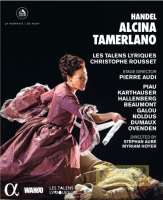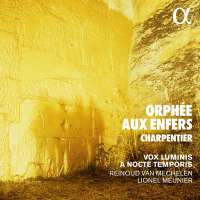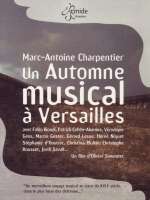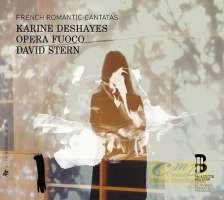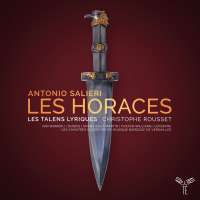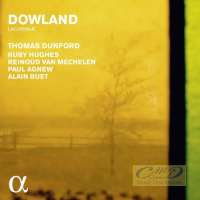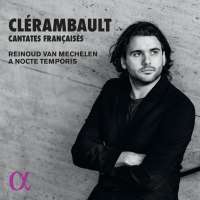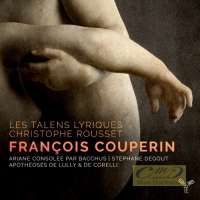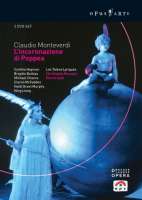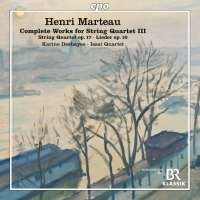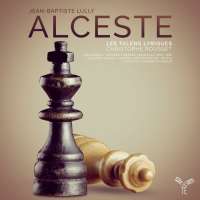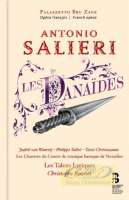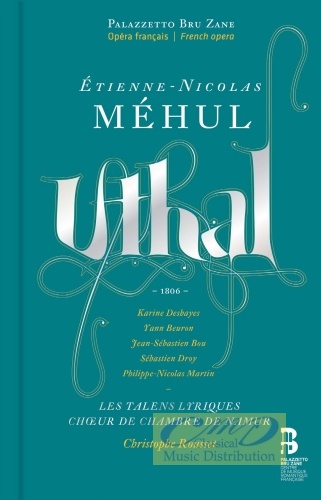
kompozytor
Méhul, Étienne-Nicolas
tytuł
Méhul: Uthal
wykonawcy
Rousset, Christophe;
Deshayes, Karine;
Les Talens Lyriques;
Mechelen, Reinoud van;
Mechelen, Reinoud van2;
Beuron, Yann;
Droy, Sebastien
Deshayes, Karine;
Les Talens Lyriques;
Mechelen, Reinoud van;
Mechelen, Reinoud van2;
Beuron, Yann;
Droy, Sebastien
nr katalogowy
ES 1026
opis
Méhul's ‘Uthal' (1806) is both fascinating and important in the history of opera. It represents an important stage in the emergence of Romanticism after the trauma of the Revolutionary Period not only in ideas of form and instrumentation, but also in its appropriation of the Ossianic vogue into the musical theatre. The poems of James MacPherson (1736-96), purporting to be a discovery of the manuscripts of the ancient Celtic poet Ossian (1760-63) , had enjoyed great prominence and popularity since the mid-18th century. Goethe had used the hymnic prosody of mist, mystery, wild, haunted nature and ghostly intimation in his highly influential novel ‘Werther' (1774) to illustrate the subjective obsessiveness of his young doomed hero. Napoleon also had a high opinion of this mysterious lyrical effusion, and even slept with the poems under his pillow! Méhul's opera, like that of Lesueur's earlier ‘Ossian, ou Les Bardes' (1804) , uses the medium directly in depicting the tale of Uthal and the primitive period of a mythological age of Celtic twilight. The story is concentrated into one act, and librettist J.M.B. Bins de Saint-Victor concentrated on a telescoped scenario (involving usurpation, exile, reunion, revenge, conflict, reconciliation and clemency) with deft theatricality, focusing on the relationship between Malwina and her exiled father Larmor, and then with her bold and erring husband Uthal. Famous for the sobriety and chaste lyrical fervour of his adaptation of the Old Testament story of Joseph, the composer brought all his dramatic imagination to bear on this story. His close attention to sonic symbolism led him famously to exclude the violins from the orchestra, and to sustain a darker orchestral hue by allowing the violas to take the leading orchestral role. The orchestral textures are always clear, with striking but sparing use of solo instruments. The Chorus of Bards also helps to develop the the atmosphere of antique times and the evocation of a primitive heroic period. Prominent and very Romantic use of two harps, four horns and the tam-tam all underscore the visionary atmosphere of the drama tonally. The closing pieces are particularly effective, with the beautiful tenor romance for Uthal ("Quoi! Je la cherche en vain!") (suavely sung by Yann Beron), the incantatory rondo for the Chief Bard (Philippe-Nicolas Martin), and the final chorus. The Palazetto Bru Zane's rediscovery of the forgotten French repertory continues with this further addition to the growing numbers of operas from the late 18th and early 19th centuries (J.C. Bach, Rodolphe Kreutzer, Charles-Simon Catel) in their usual ‘book' form. The CD is presented with libretto, and six critical essays from the mid 19th century to present scholarship, providing much information about the context and nature of this opera. The performance has been undertaken with scrupulous scholarly attention by the famous ensemble Les Talens Lyriques under the able direction of Christophe Rousset, and is performed with proper erudition, period perception of performance, v
nośnik
CD + książka
gatunek
Muzyka klasyczna
producent
Ediciones Singulares
data wydania
01-02-2017
EAN / kod kreskowy
9788461755486
Produkt nagrodzony:
ICMA 'Nominee' (2017)

(Produkt nie został jeszcze oceniony)
cena 119,00 zł
lubProdukt dostepny w niewielkiej ilości.
Wysyłka w ciągu 3 dni roboczych
Darmowa wysyłka dla zamówień powyżej 300 zł!
Darmowy kurier dla zamówień powyżej 500 zł!
sprawdź koszty wysyłki